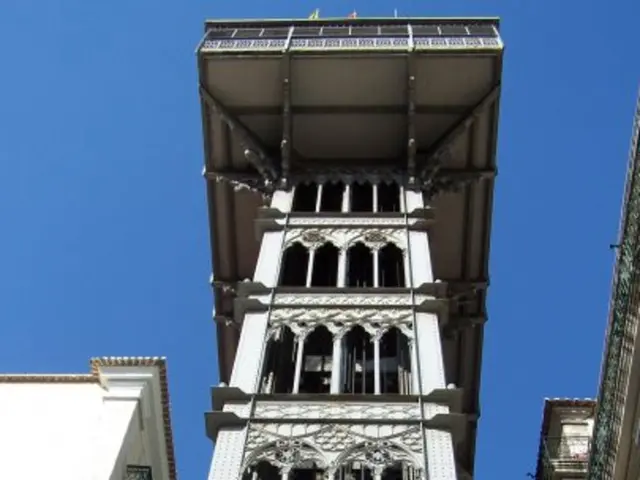Trump confronts Smithsonian's alleged liberal bias and sparks outrage from statue-toppling liberals following his intervention
In a move aimed at reshaping the narrative of American history, the Trump administration has launched a formal review of content in Smithsonian museums. This initiative, announced in August 2025, seeks to ensure exhibits reflect a positive portrayal of American history, emphasizing "American exceptionalism" and removing what is perceived as divisive or partisan narratives.
The review, titled Restoring Truth and Sanity to American History, was directed by Executive Order 14253 and requests information and content corrections at several Smithsonian museums within a tight timeframe. The White House letter to Smithsonian Secretary Lonnie G. Bunch III, dated August 12, 2025, expressed appreciation for the Smithsonian’s role in public education but stressed the goal of celebrating unity and progress in American history without partisan or divisive narratives.
The review process has been open, public, and transparent, with many Americans, from coast to coast, welcoming the debate about the Smithsonian exhibits. However, not everyone is in agreement. Tim Walz, the governor of Minnesota, has expressed concern over the review, citing potential erasure of history.
One of the exhibits under review is the Smithsonian American History exhibit, Entertainment Nation. Allegations have been made that this exhibit presents a one-sided, far-left version of history, blaming U.S. intervention in Latin America for Cuban immigration without mentioning Fidel Castro.
This is not the first time controversy has surrounded the Smithsonian. In 2020, history was taken from the public without a referendum, with "woke" committees making decisions about what statues to remove. One such statue was that of Christopher Columbus, which was illegally toppled at the Minnesota state capitol in 2020. An article about this event was published in the Smithsonian Magazine in 2022, but it did not acknowledge any Columbus supporters or the opposing viewpoint.
The debate about the Smithsonian exhibits continues, with columnist David Marcus, author of "Charade: The COVID Lies That Crushed A Nation," being involved in the discussion. The outcome of the review remains unclear, but it is expected to have significant implications for how American history is presented in federal cultural institutions.
As the United States prepares to celebrate its 250th anniversary in 2026, the review is a response to the growing sentiment that only 37% of Democrats do not think there is anything to celebrate. The administration's efforts to rectify what it perceives as a one-sided, far-left version of history in Smithsonian museums' offerings may signal a shift in the narrative of American history.
The story of history changes over time, and the Crusades, for example, were not always viewed as a racist, colonizing enterprise, but are now being revisited by some scholars. The review of the Smithsonian exhibits is part of this ongoing process, reflecting the evolving understanding and interpretation of our shared history.
- The review of Smithsonian exhibits, titled Restoring Truth and Sanity to American History, initiated by the Trump administration in August 2025, extends to the Entertainment Nation exhibit, with criticisms claiming a one-sided, far-left portrayal of history.
- The ongoing debate about the Smithsonian exhibits, including the Entertainment Nation exhibit, has spilled into the realm of politics, with columnist David Marcus, author of "Charade: The COVID Lies That Crushed A Nation," voicing his opinions on the issue.
- As the United States approaches its 250th anniversary in 2026, the review of Smithsonian exhibits, such as Entertainment Nation, could signal a shift in the narrative of American history, responding to the growing sentiment that only 37% of Democrats do not view the anniversary as something to celebrate.







